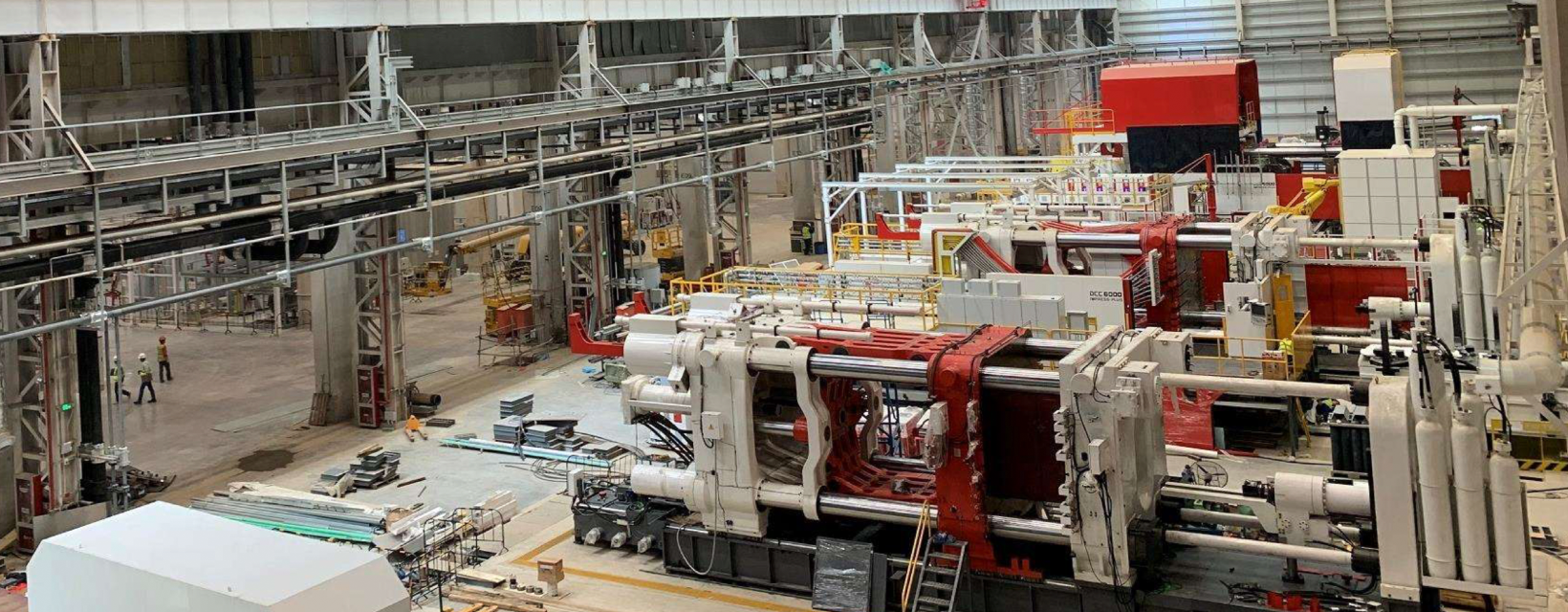Tesla reported its fifth consecutive profitable quarter in the most recent September quarter, driven by strong vehicle deliveries. That said, the Tesla playbook is not as obvious as building EVs. While the foundation of Tesla will be manufacturing, the company’s ability to apply automotive tech in new markets, including battery storage, HVAC, insurance, and trucking logistics, will be a hallmark of its long-term strategy.
A more critical perspective would maintain that the number of initiatives bouncing around the Tesla business model diminishes the credibility of the company. We disagree, and, while not all initiatives will take hold, some will, enabling Tesla to expand its addressable markets and lay the groundwork for increasing its market cap.
September quarter takeaways
- Automotive gross margins this quarter were 23.7%, up from 18.7% in the June quarter. The company’s end game with wider margins is to continue making its vehicles more affordable, a top priority for Elon.
- Tesla reaffirmed its 2020 delivery target of 500k vehicles, implying 181k deliveries in the December quarter. This would mean 62% y/y growth, up from 43% in the June quarter. While this is an aggressive goal, we believe the company has a reasonable chance of reaching it.
- Model Y deliveries in Asia and broader Europe are set to begin in 2021, as expected. Given the Model Y is currently only available in North America and select European countries, meeting their goal would represent an impressive acceleration in deliveries in the December quarter.
- The energy generation and storage segment grew at 44% y/y, compared to 1% in the June quarter. While the segment is still small (~7% of total revenue), we believe it has the potential to be 25% or more of the overall business. The challenge of growing this segment is that the auto segment is experiencing comparable growth rates.
Ambitions beyond auto
The company’s earnings call highlighted how Tesla is leveraging its foundational auto tech and vertical integration to expand into other markets.
Manufacturing
Musk began the call by reiterating his vision that Tesla’s core competency will be manufacturing, saying the company continues to bring production processes in-house as much as possible. This should have the effect of lowering production costs, lowering the price of Tesla’s products to consumers, and maintaining a high-quality standard. Vertical integration, which Tesla embraces, is a key factor in manufacturing excellence.
Insurance
Elon suggested the insurance business could be a material part of Tesla’s overall business long term. The driving data it receives from its vehicles will inform insurance rates, creating a feedback loop that should provide cheaper car insurance to consumers. That said, in the long run, we see the insurance segment representing a measurable, but not a material part of the business.
Trucking
Tesla’s semi-truck is expected to arrive later next year, although production will take time to ramp, given a semi takes 5x more cells than a car and the company is already cell constrained. An additional headwind to the semi rollout is the rollout of the Megacharging network, which will take a few years to build. We believe Tesla’s long-term vision for its trucking segment is to sell semis, and eventually offer a high-margin logistics and dispatch layer, that would compete with traditional logistics companies like C.H. Robinson.
Energy
Musk has been hinting at the HVAC opportunity for more than a year. When asked about a Tesla HVAC system on the earnings call, he replied while “there’s no prototype it would be good to have one.” This is something traditional auto doesn’t do.
